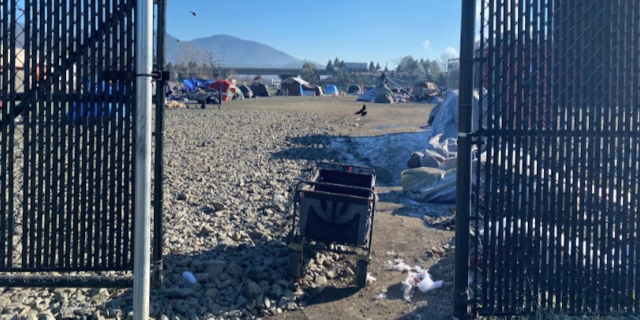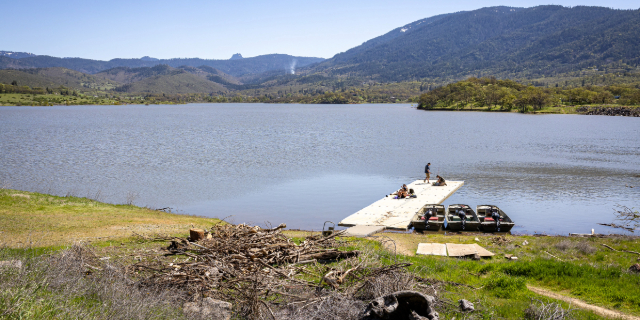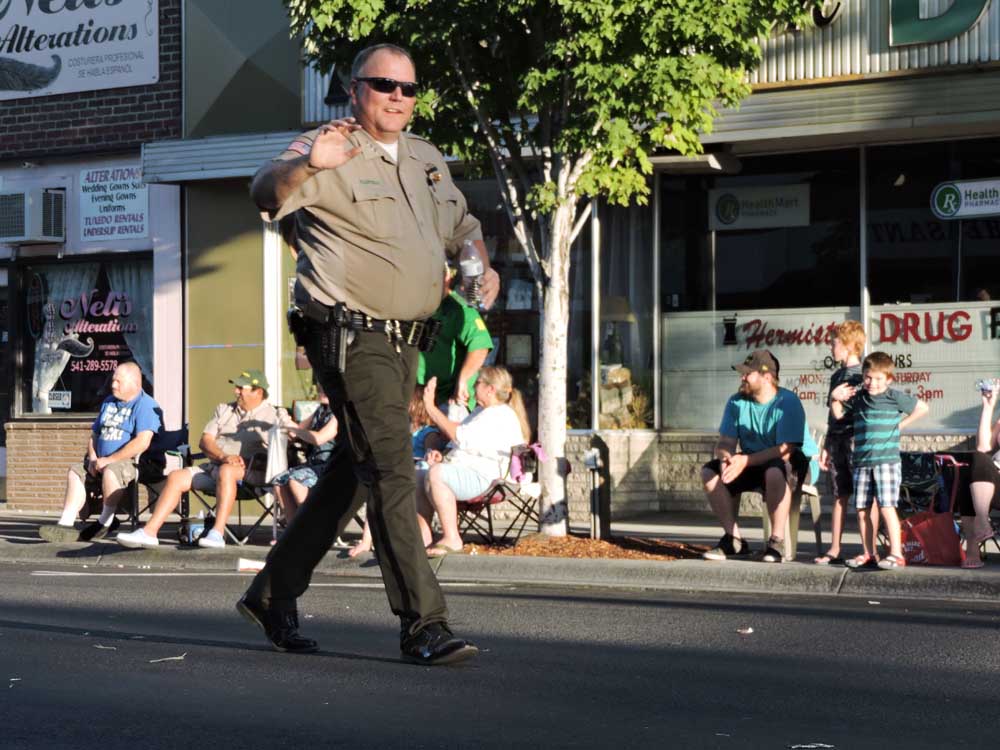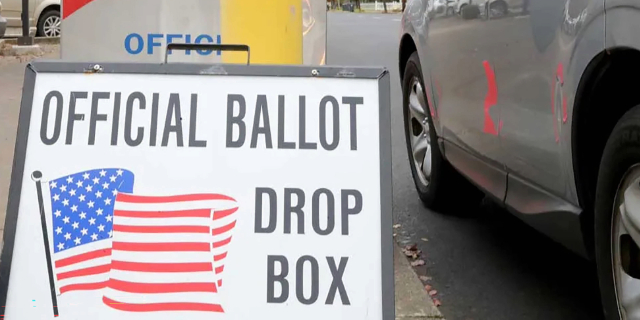Judge orders Grants Pass to provide more accessible sites for homeless campers
Published 9:34 am Sunday, March 30, 2025

- This 7th Street camping site for homeless people in Grants Pass offers about 30 spaces for tents and is difficult to access for people in wheelchairs or others who have difficulty walking. Disability Rights Oregon
A judge has barred Grants Pass from enforcing its municipal orders on homeless camping until it makes its campsites accessible to people with disabilities and increases available tent spaces to at least 150.
“Until these conditions are fulfilled, the City of Grants Pass shall not cite, arrest, detain, issue fines, or otherwise prosecute any person for camping on public property in Grants Pass,” Josephine County Circuit Judge Sarah E. McGlaughlin ruled Friday in a nine-page decision.
The city also is barred from forcing anyone to leave a campsite, removing a campsite that’s not clearly abandoned or otherwise prohibiting a person from camping on lands “designated as park spaces,“ the judge ordered.
Disability Rights Oregon filed a lawsuit to stop Grants Pass from closing one of two sanctioned homeless camps and restricting the hours of the other.
In February, Josephine County Circuit Judge Brandon S. Thueson signed a temporary restraining order that prohibited the city from prosecuting any person for camping anywhere in the city for two weeks.
The new preliminary injunction extends that order, including an exception that still allows a camping ban in two city parks — Riverside Park, one of the city’s main parks, and Reinhardt Volunteer Park, which has ballfields that draw many families. Disability Rights Oregon has agreed to the exception.
McGlaughlin noted that after Grants Pass won a favorable decision by the U.S. Supreme Court last year, the city prohibited all camping on city property at all times and in all places, except as permitted by the City Council.
Between August 2024 and January of this year, the city provided two camping sites. One on J Street provided room for about 120 tents, while a location on Sixth Street had room for about 60 tents. People could camp at either site for up to seven days.
Later, the city demolished a building on Seventh Street with the intent to use the space as a campsite. Once available, the city closed the Sixth Street site and opened an unpaved Seventh Street site with 30 tent spaces in its place for weeklong camping, according to the ruling.
Disability Rights Oregon, on behalf of five people who are homeless and have disabilities, sued the city after the council in early January closed the larger J Street site and restricted the hours of camping at the much-smaller Seventh Street site to overnight hours, from 5 p.m. to 7 a.m.
Leaving just the Seventh Street site marked a “sharp decrease” from the 150-bed capacity previously allowed by the two original sites, the judge said.
“A sudden reduction from 150 spaces to 30 spaces in sites that are not ADA (Americans with Disabilities Act) compliant is clearly not objectively reasonable,” McGlaughlin ruled.
The City Council has opened one additional site since February, increasing the total capacity of camping spaces to 90. But McGlaughlin found that unreasonable, considering an estimated 600 people remain homeless in the city.
She wrote that the camping sites offered weren’t accessible to people who use wheelchairs or have difficulty walking.
“The City cannot exclude people with disabilities experiencing homelessness from public property that is ADA compliant and then require them to use inaccessible facilities to avoid penalties,” she wrote. “The City was aware of its obligation to do so when it chose these sites.”
Lawyers for the city had argued that requiring Grants Pass to pay for campsites represents an “unfunded mandate” prohibited by state law.
McGlaughlin rejected that argument, noting that the costs to the city resulted from its decision “to exclude camping from its public property” and restrict camping to certain sites.
The city’s finance director estimated the city has spent more than $100,000 on the sites provided for camping since August, with about $75,000 resulting from sanitation services, portable restrooms and weekly maintenance, according to court records.
McGlaughlin’s order doesn’t go as far a “blanket ban” sought by Disability Rights Oregon on enforcement of the city’s camping ordinances.
A blanket ban would be too broad and cause “unnecessary harm to the City and the public’s interest in regulating camping on public property,” the judge wrote.
McGlaughlin’s preliminary injunction will stay in effect until the conclusion of the court case or a further order by the court.






